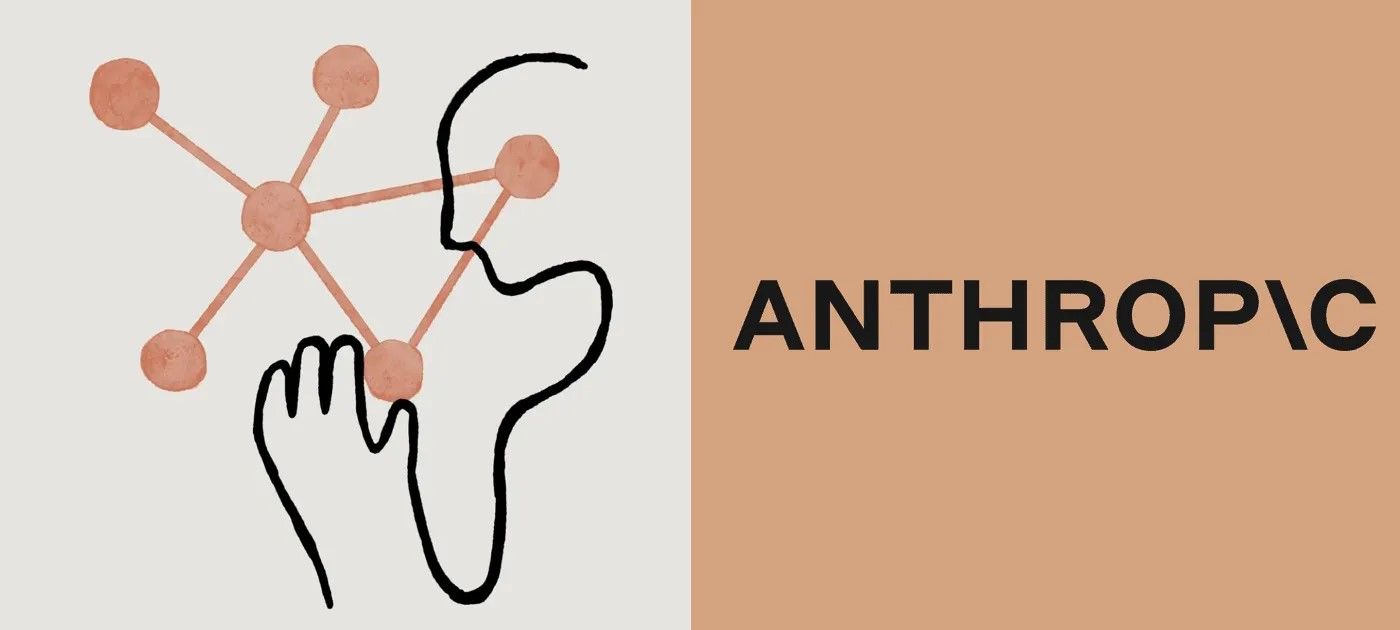Introduction
Anthropic has blocked access to its Claude AI models for all companies owned or controlled by Chinese entities. This move, driven by legal and security concerns, will significantly impact the global AI market.
Context
The restriction covers all Claude models, including Claude 3.5 Sonnet, developer tools, joint ventures, and subsidiaries of firms like ByteDance, Tencent, and Alibaba. Anthropic aims to prevent its technology from being used by "authoritarian" and "adversarial" regimes.
Direct definition
Anthropic updated its terms of service to prevent Chinese-owned companies from accessing its AI models, regardless of their location.
The Challenge
The decision stems from concerns that Claude's capabilities could be exploited for military or intelligence applications by adversarial regimes. Anthropic acknowledges a revenue loss in the low hundreds of millions but considers the policy essential to protect US AI technology.
Solution / Approach
Following the announcement, Chinese startups like Zhipu launched migration toolkits to help users switch from Claude to local models, offering free tokens and higher throughput. Alibaba previously promoted similar programs after OpenAI's restrictions.
Direct answer
Affected companies can migrate to local models like GLM-4.5 or Qwen-plus, or consider multicloud solutions.
Conclusion
Anthropic's move marks a paradigm shift: for the first time, access is blocked based on corporate ownership, not just geography. Developers and enterprises must adapt quickly, choosing between local models or alternative cloud strategies.
FAQ
- Why did Anthropic block AI access for Chinese firms?
To reduce legal, regulatory, and security risks linked to adversarial regimes using AI technology. - Which AI models are affected by Anthropic's block?
All Claude models, including Claude 3.5 Sonnet and developer tools. - How can Chinese companies continue using AI after the block?
They can migrate to local models like GLM-4.5 or Qwen-plus, or consider multicloud solutions. - What is the economic impact of Anthropic's decision?
Anthropic expects a revenue loss in the low hundreds of millions of dollars. - Does the restriction only affect companies based in China?
No, it applies to all companies owned or controlled by Chinese entities, regardless of location. - Are there precedents for similar AI provider blocks?
Yes, but this is the first time access is blocked based on corporate ownership. - What alternatives does Zhipu offer to Claude users?
Zhipu provides a migration toolkit, free tokens, and higher throughput than Claude. - How will the AI landscape change after Anthropic's decision?
Companies must quickly adapt, choosing local models or alternative cloud strategies.
